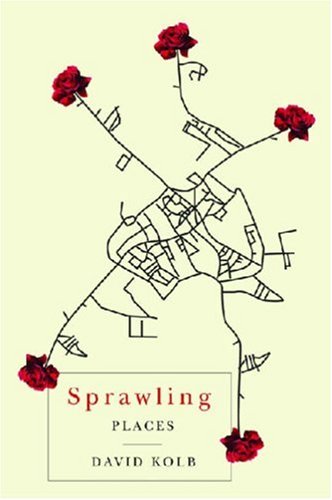

Most ebook files are in PDF format, so you can easily read them using various software such as Foxit Reader or directly on the Google Chrome browser.
Some ebook files are released by publishers in other formats such as .awz, .mobi, .epub, .fb2, etc. You may need to install specific software to read these formats on mobile/PC, such as Calibre.
Please read the tutorial at this link: https://ebookbell.com/faq
We offer FREE conversion to the popular formats you request; however, this may take some time. Therefore, right after payment, please email us, and we will try to provide the service as quickly as possible.
For some exceptional file formats or broken links (if any), please refrain from opening any disputes. Instead, email us first, and we will try to assist within a maximum of 6 hours.
EbookBell Team

4.7
16 reviewsKolb agrees there is a lot not to like about many contemporary places, but to write them off simply as commodified nonplaces” does not treat them critically. Too often, Kolb says, aesthetic character and urban authenticity are the focus of critics, when it is more important to understand a place’s complexity and connectedness. Kolb acknowledges that the places around us increasingly have banal exteriors, yet they can be complex and can encourage their inhabitants to use them in multiple, nonlinear ways. Ultimately, Kolb believes human activity within a place is what defines it. Even our most idealized, classical places, he shows, change over the course of history when subjected to new linkages and different flows of activity.
Engaging with the work of such writers and critics as Henri Lefebvre, Manuel Castells, Karsten Harries, and Christian Norberg-Schulz, Kolb seeks to move discussions about sprawl away from the idea that we must choose between being rooted in the local Black Forest soil or wandering in directionless space.” By increasing our awareness of complexity and other issues, Kolb hopes to broaden and deepen people’s thinking about the contemporary built environment and to encourage better designs in the future.